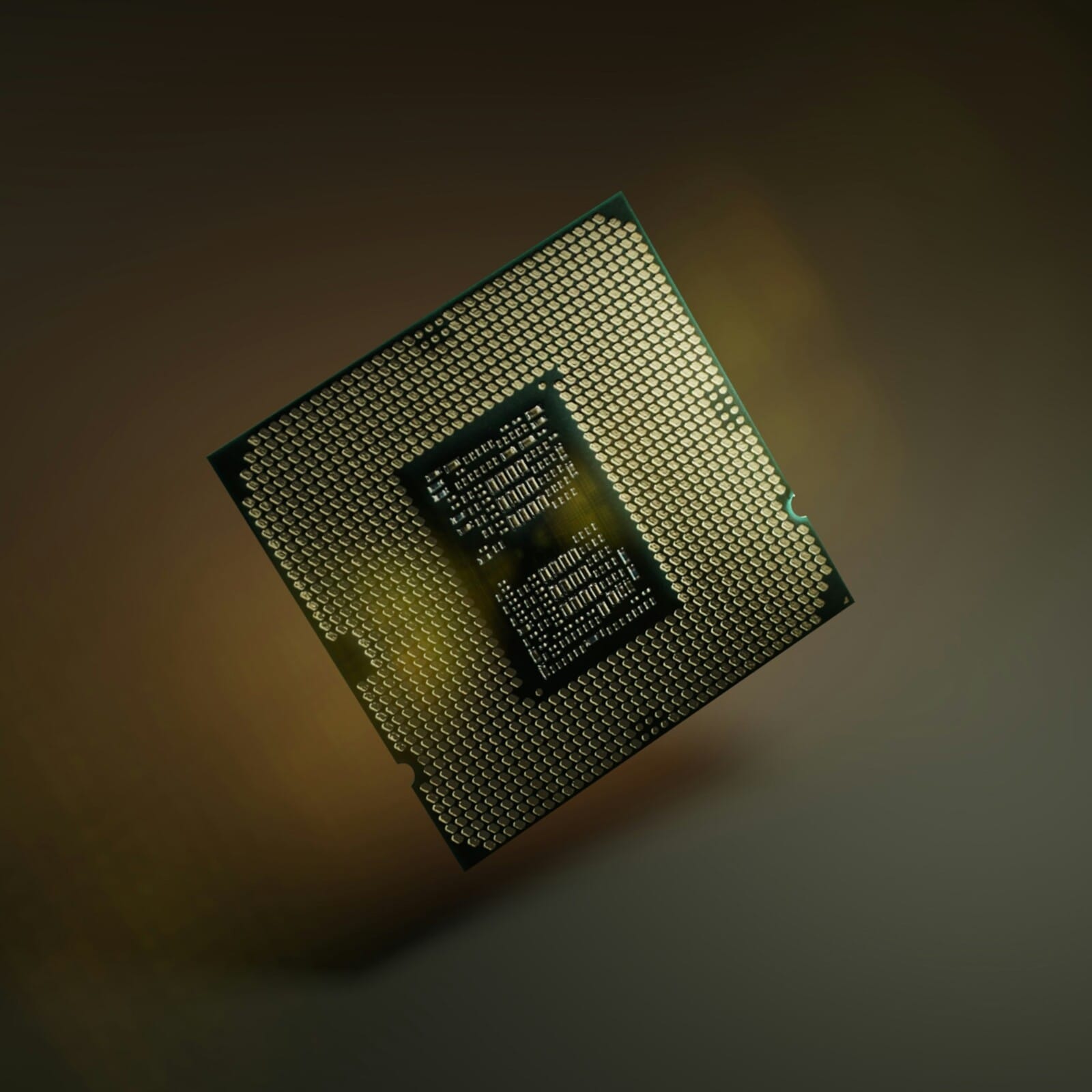Key Takeaways
1. TSMC has requested an exemption from U.S. Section 232 tariffs on semiconductor imports, citing concerns over demand and U.S. industry leadership.
2. The company is investing $165 billion in Arizona for the construction of six wafer fabrication plants and associated facilities.
3. TSMC warns that increased tariffs could raise product prices, negatively impacting chip demand and the viability of its Arizona operations.
4. The firm emphasizes the need for duty-free access to foreign equipment and materials for companies with significant U.S. semiconductor production.
5. Once fully operational, TSMC’s Arizona fabs could produce 100,000 wafers monthly and generate $200 billion in indirect economic activity, creating tens of thousands of jobs.
Taiwan Semiconductor Manufacturing Co. (TSMC) has requested that the U.S. Department of Commerce exempt semiconductor imports from the new Section 232 tariffs. The firm expresses concerns that increased tariffs could lower demand in downstream markets and “endanger current U.S. leadership” in the semiconductor industry. This request was outlined in a letter from TSMC’s Arizona branch, sent on May 5, during the comment period set by the department regarding potential trade actions.
Investment in Arizona
Currently, TSMC is investing $65 billion into three wafer fabrication plants located in Phoenix. Of these, one plant is already in production, the second is close to completion, and the third just started construction last month. Additionally, in March, TSMC announced an extra $100 billion for the development of three more fabs, two advanced packaging facilities, and a research and development center, totaling their investment commitment to $165 billion.
Concerns Over Tariffs
The company has communicated to regulators that imposing tariffs which raise end-product prices would negatively impact chip demand and weaken the economic justification for the Arizona manufacturing site. TSMC is requesting that companies with “significant U.S. semiconductor production” retain duty-free access to foreign equipment and materials, many of which are not available within the U.S.
As the Commerce Department works on its Section 232 report, which is anticipated to come out shortly after May 26, the timing of TSMC’s letter is notable. Former President Donald Trump has suggested tariffs as high as 100 percent on semiconductors produced in Taiwan, alleging that the island has “stolen” business from the U.S.
Economic Impact
The filing indicates that once all six fabs are fully operational, Arizona could produce around 100,000 wafers each month, which would be approximately 30 percent of TSMC’s expected capacity for 2-nanometer and more advanced nodes. TSMC believes that its U.S. operations could generate $200 billion in indirect economic activity and create tens of thousands of jobs. The company argues that these benefits are reliant on stable, tariff-free supply chains.
Source:
Link


